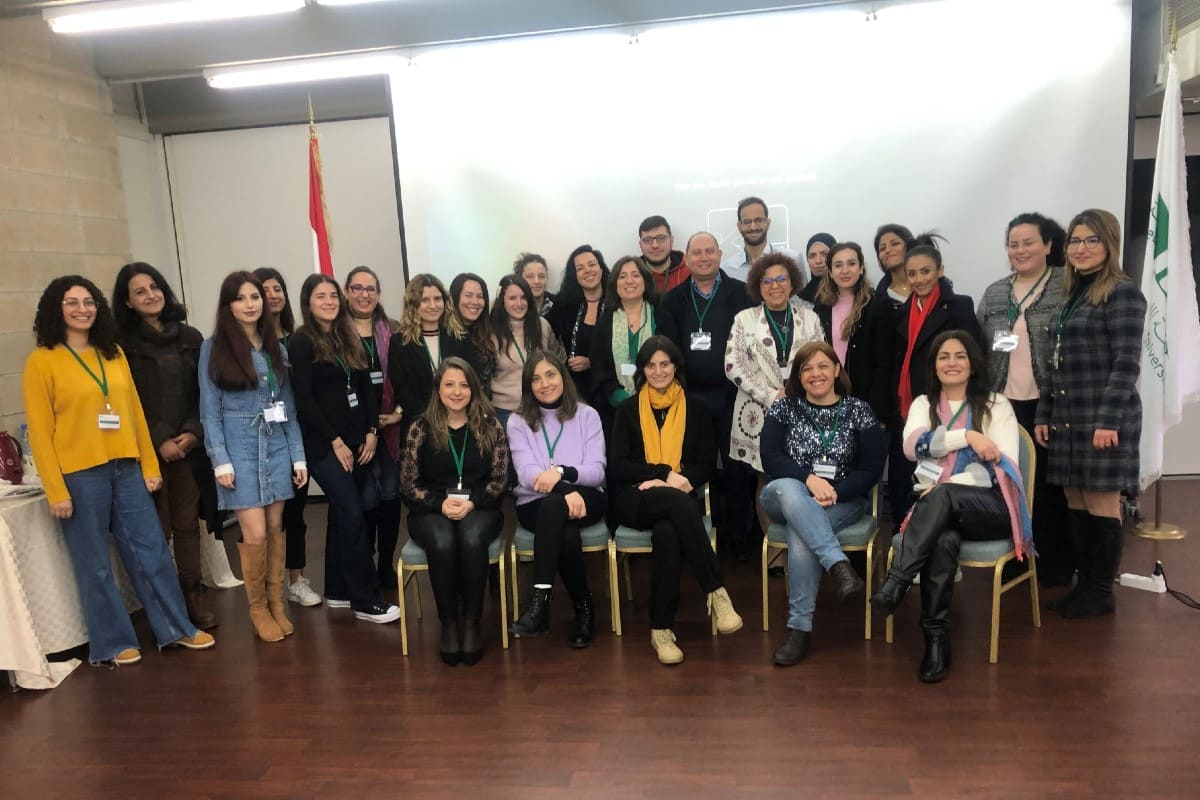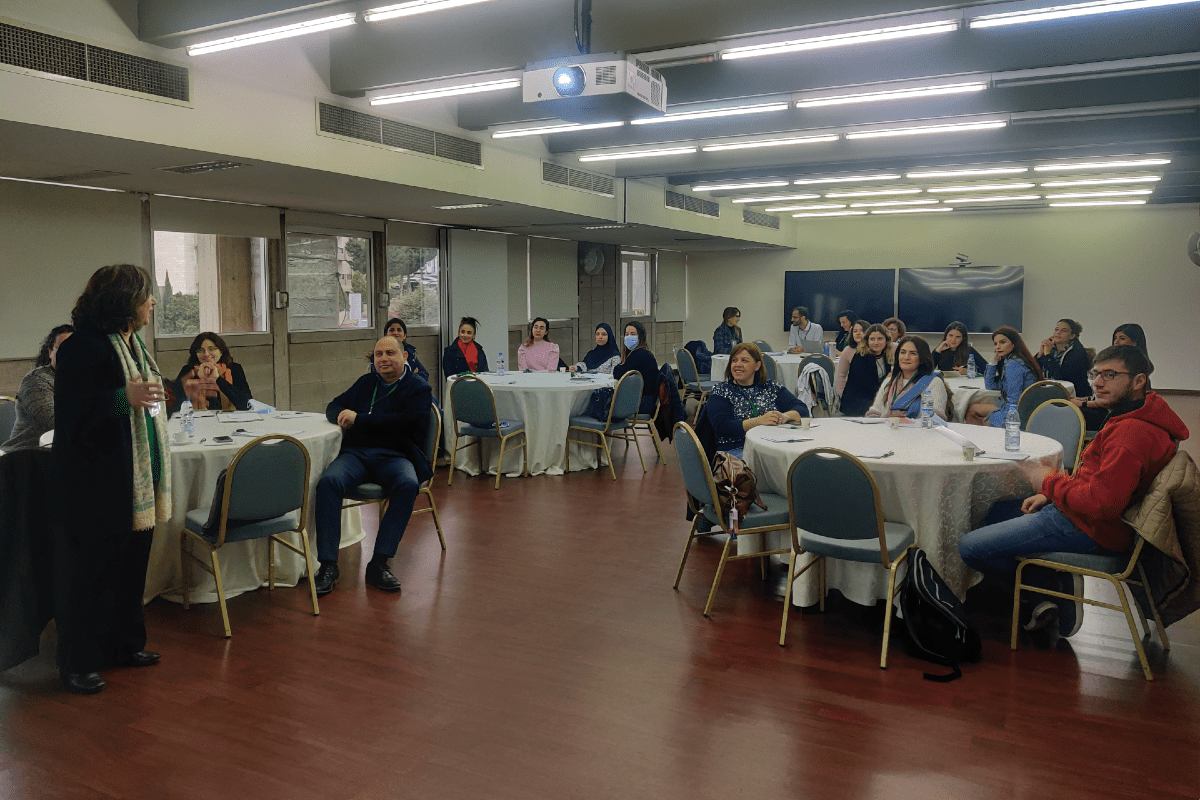In Good Hands: LAU Trains Nursing Preceptors on High Academic Standards
As they get ready to mentor students, 21 preceptors from across the healthcare sector were familiarized with the curriculum, objectives and high standards of the nursing program at the Alice Ramez Chagoury School of Nursing.
As the LAU Alice Ramez Chagoury School of Nursing (ARCSON) is committed to preparing future nurses for careers in clinical practice, community service and professional development as lifelong learners, experiential learning is central to their education.
Recognizing the crucial role of preceptors – the healthcare professionals who guide, mentor and assess students in clinical settings – the school held its first annual, full-day Preceptorship Workshop on Byblos campus on January 13.
The objective of the workshop was to familiarize current and future preceptors with ARCSON’s program and its high academic standards, especially as the LAU BS in Nursing is accredited by the Commission on Collegiate Nursing Education in Washington, DC.
The workshop was delivered to 21 part-time clinical instructors and preceptors from several hospitals, healthcare facilities and Non-Governmental Organizations (NGOs). As they will soon help students transition from the classrooms to clinical wards, the preceptors learned all about the program’s mission, vision, concept-based curriculum and its close connection with healthcare institutions.
They also trained on using a standardized, Clinical Competencies Checklist, which helps the school keep a uniform track record of its students’ performance as they spread out to train at different institutions. From the preceptors’ standpoint, the workshop also served as a chance for them to network and exchange valuable knowledge. Many of them also reconnected with their faculty and peers as they are LAU alumni.
“In experiential learning, the preceptors’ role is instrumental in teaching students how to develop nursing values of accountability, advocacy, altruism, autonomy, human dignity, integrity, and social justice in addition to critical thinking skills, leadership, and communication skills,” said Assistant Professor and Nursing Program Director Bahia Abdallah.
The workshop included informative sessions on key concepts covered by the curriculum, clinical competencies and the preceptor-preceptee relationship. It also featured interactive group-work, role-play and eye-opening Q&As.
According to Dr. Abdallah, the participants gave the workshop a very positive review. “Their feedback was excellent regarding the organization, the content, the group work, the role play and the case discussion,” she said.
Ultimately, the preceptors will go on to offer input on students’ performance in clinical practice, through formative and summative evaluation, according to Dr. Abdallah. Their time with students could extend from seven to 14 weeks, depending on the clinical course and rotation at each healthcare facility.
“LAU is a student-centered institution, where we tailor our program delivery to achieve optimal student learning outcomes,” said ARSCON Interim Dean and Professor Costantine Daher. “This workshop is a clear example of paving the way for students to succeed in the clinical setting, and not only in the classroom,” he added.
Attendees also toured the school’s premises, including the Clinical Simulation Center at the Chagoury Health Sciences Center.

